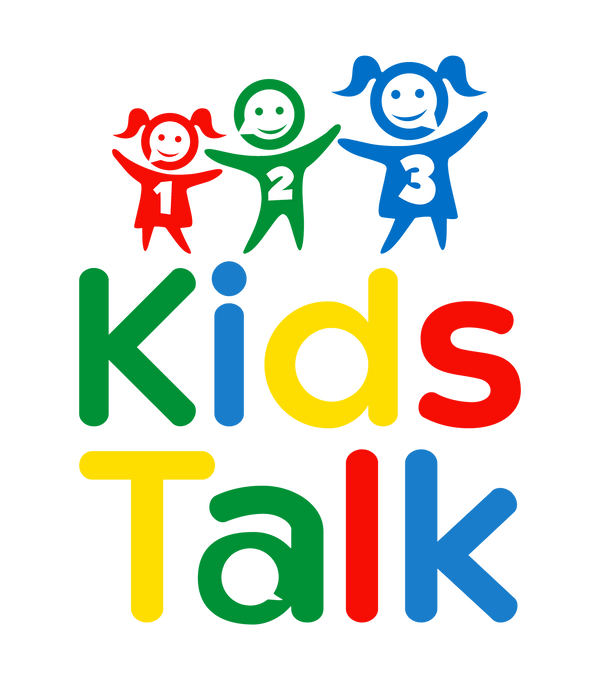Nurturing Little Talkers: How to Create a Language-Rich Environment at Home
As parents, we all want our children to become confident communicators. Did you know that the environment you create at home plays a HUGE role in your child's language development? It's true! From the moment they're born, babies are like little sponges, soaking up the sounds, words, and interactions around them. By creating a language-rich environment, you're giving your child the best possible start on their journey to becoming a fluent speaker.
Why a Language-Rich Environment Matters
Think of your home as a language playground. The more words, conversations, and language-based interactions your child experiences, the stronger their language skills will become. A language-rich environment:
- Builds vocabulary: The more words your child hears, the more words they'll learn and use.
- Improves grammar and sentence structure: Hearing correct grammar in context helps children understand how language works.
- Boosts communication skills: Engaging in conversations teaches children how to take turns, listen, and express their thoughts and feelings.
- Enhances cognitive development: Language is closely linked to thinking and problem-solving skills.
- Strengthens the parent-child bond: Sharing language-based activities creates special moments of connection.
7 Practical Tips for Creating a Language-Rich Home
1. Talk, Talk, Talk!
This might seem obvious, but it's the most important thing you can do. Talk to your child throughout the day, even if they can't respond yet. Describe what you're doing, what you see, and how you feel. Use a variety of words and phrases, and don't be afraid to get silly!
Example: "Look, we're putting on your blue socks. They have little yellow ducks on them. Your toes are wiggling!"
2. Read Together Every Day
Reading aloud is a magical way to expose your child to new words, sounds, and ideas. Make it a cozy and interactive experience. Point to pictures, ask questions, and let your child turn the pages.
Example: "See the big red ball? Can you point to the ball? The ball is bouncing! Boing, boing, boing!"
3. Sing Songs and Nursery Rhymes
Music and rhythm are naturally engaging for children. Singing songs and reciting nursery rhymes helps them develop phonological awareness (the ability to hear and manipulate sounds), which is a key building block for reading.
Example: Sing "Twinkle, Twinkle Little Star" and perform the actions with them.
4. Play with Purpose
Playtime is prime time for language learning! Choose toys and activities that encourage conversation and interaction. Building blocks, puzzles, pretend play sets, and even simple household items can all be used to spark language development.
Example: Build a tower with blocks and talk about the colours, shapes, and sizes. "Let's make a tall tower! Can you find a blue block? Wow, that's a big block!"
5. Limit Screen Time
While some educational apps and shows can be beneficial, too much screen time can hinder language development. Aim for more face-to-face interactions and hands-on activities.
Tip: The American Academy of Paediatrics recommends no screen time for children under 18 months and limited screen time for older toddlers.
6. Follow Your Child's Lead
Pay attention to what your child is interested in and talk about it. If they're fascinated by a truck, talk about the wheels, the colours, and the sounds it makes. If they're pointing to a bird, talk about its wings, its beak, and how it flies.
Example: "You're pointing to the bird! It's a blue bird. Look at its wings flapping. The bird is flying high in the sky!"
7. Be Patient and Responsive
Children learn at their own pace. Be patient and encouraging and celebrate their efforts. Respond to their babbles and attempts to communicate, even if you don't understand everything they say.
Example: If your child says "ba," you could say, "Yes, that's a ball! It's a big, bouncy ball!"
123 Kids Talk: Your Partner in Language Development
At 123 Kids Talk, we're passionate about helping children develop strong language skills. Our Playgroup Programs and Chatter Boxes are designed by speech pathologists to create language-rich experiences that are both fun and educational. We provide parents with the tools and resources they need to support their child's language development every step of the way.
Let's Get Talking!
Remember, you are your child's first and most important teacher. By creating a language-rich environment at home, you're giving them the gift of communication, a gift that will last a lifetime.

